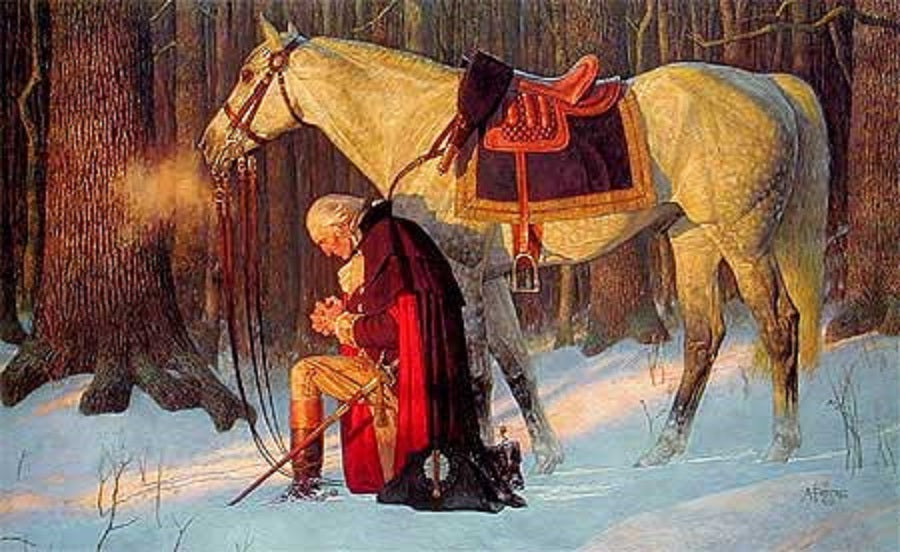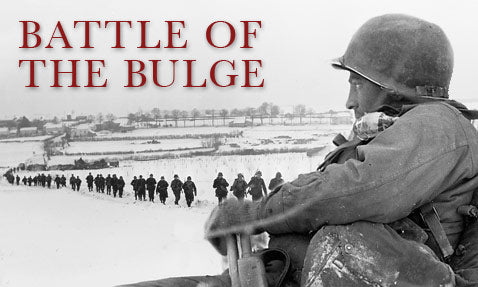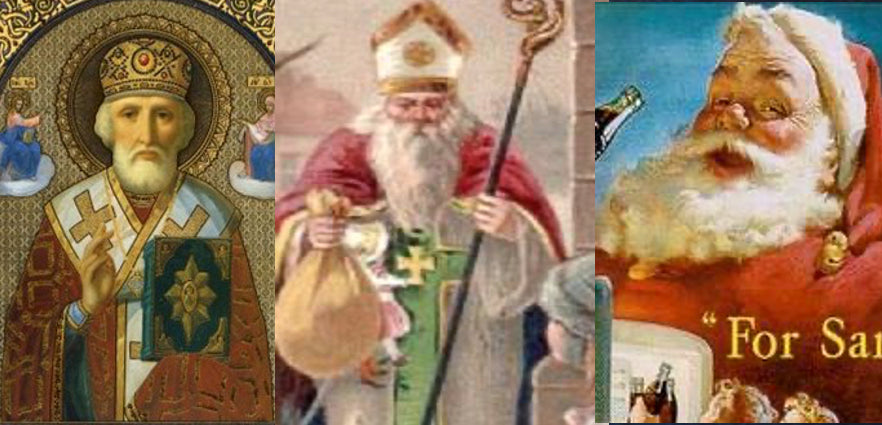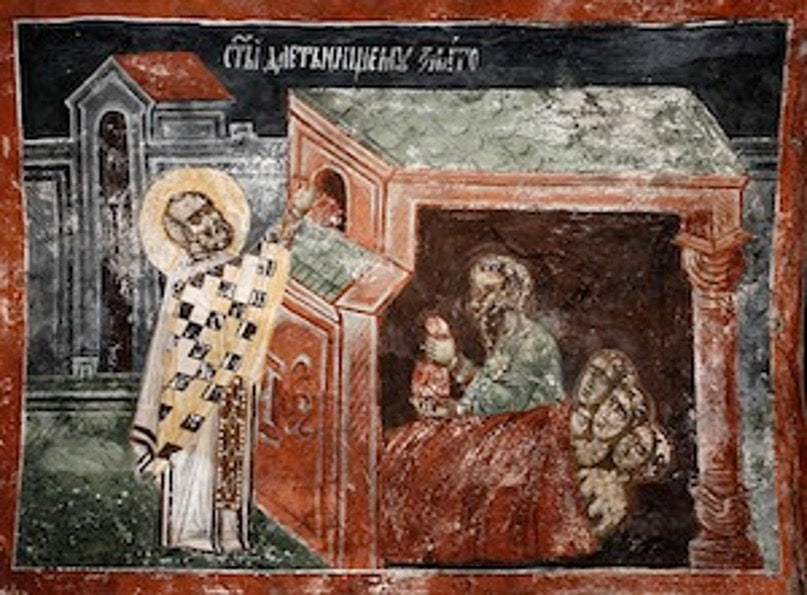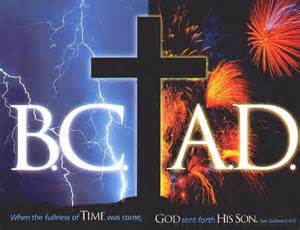Today's American Minute
Freezing Valley Forge, 1777, and Starving Ships "If those few thousand men endured that long winter of suffering ... what right have we to be of little faith?" -American Minute with Bill Federer
& Starving Ships "If those few thousand men endured that long winter of suffering ... what right have we to be of little faith?" 1777 Freezing Valley Forge
Freezing Battle of the Bulge 1944 "We will, with God's help, go forward to victory" - American Minute with Bill Federer
Battle of the Bulge--Freezing Winter 1944 WWII "We will go forward to victory" with God's help
German commander Heinrich Freiherr von Luttwitz demanded Americans surrender. On December 22, 1944, U.S. Brigadier General Anthony McAuliffe answered: "To the German Commander. NUTS!"
How Saint Nicholas became Santa Claus - American Minute with Bill Federer
Who was the Real Saint Nicholas? - American Minute with Bill Federer
Saint Nicholas & Origins of Secret Gift-Giving!
Christmas celebrated for 2,000 years, praised in Presidential Christmas Messages - American Minute with Bill Federer

